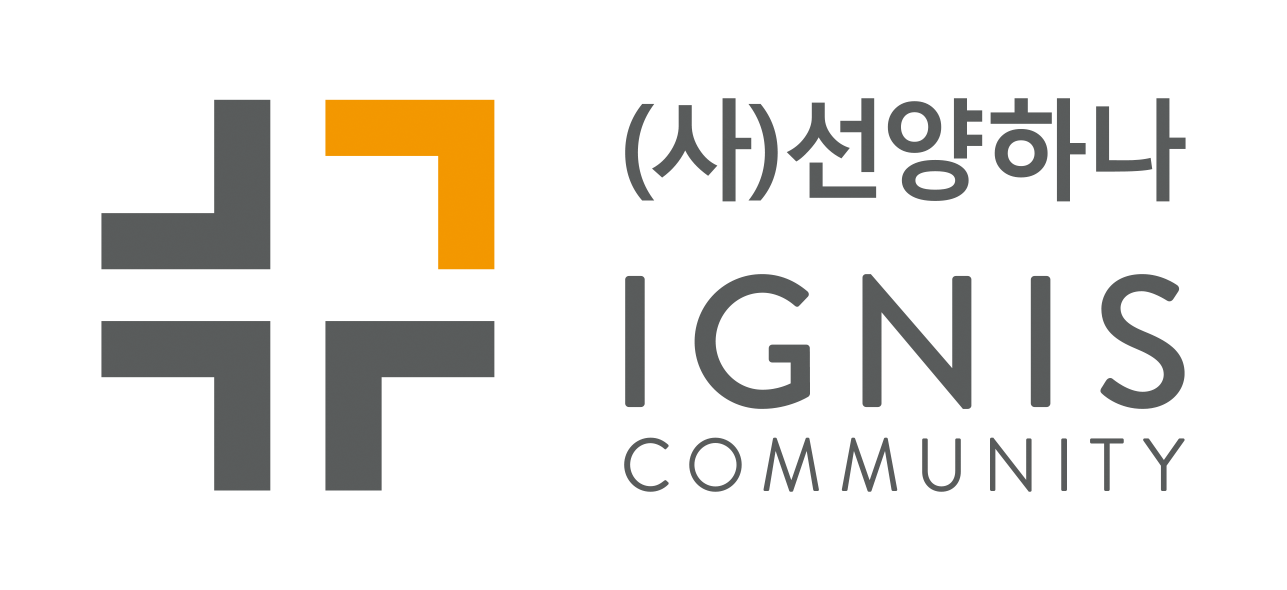*Blog derived from Joy Yoon’s blog
On March 2, 2021, Representative Levin and Senator Markey reintroduced legislation to expedite lifesaving humanitarian work in the DPRK. The bill is entitled “Enhancing North Korea Humanitarian Assistance Act”, and it tackles many bureaucratic roadblocks that hinder essential aid from reaching the North Korean people.
More than 40% of people living in the DPRK experience food insecurity and shortages. The global pandemic further complicates the humanitarian situation. With the borders closed to prevent the spread of COVID-19, the current estimate may be closer to even 60% of the population dependent upon humanitarian aid. Therefore, humanitarian groups are an essential lifeline to the common people of North Korea.
Unfortunately, multilateral global sanctions imposed upon the DPRK prevent humanitarian aid from effectively reaching the most vulnerable. Current sanctions impose multiple layers of licenses and permits required from multiple agencies including the United Nations (UN), US Treasury Department, US Commerce Department, and US Department of State. The lengthy process of applying for and obtaining these permits can take months to years, and even then, permission is not guaranteed even for humanitarian purposes.
Sanctions are intended to pressure the government towards denuclearization, but what is being discovered is that instead of hurting the elite, sanctions are causing deaths, particularly among women and children. In the comprehensive report of which I and a team of independent experts authored, “The Human Costs and Gendered Impact of Sanctions on North Korea”, it is estimated that approximately “11 million men, women, and children lack sufficient nutritious food, clean drinking water, or access to basic services like health and sanitation-affecting over 40% of the population”.
Children at School in the DPRK
The current extent of sanctions on North Korea is so severe that even humanitarian organizations have difficulty shipping medical equipment and food into the nation. This is not only because of what is explicitly stated in the sanctions but also because US sanctions have highly discouraged banks from working with nonprofit organizations on the ground in North Korea. These banking issues are the number one reason why many nonprofit organizations are no longer able to operate in the DPRK. Even travel permits to US NGO workers have been denied at times by the US State Department. As all US citizens are banned from traveling to the DPRK, the State Department states that they are preparing multiple-entry Special Validation Passports for humanitarian workers. However, because of the coronavirus outbreak, all current Special Validation Passport applications for DPRK-related humanitarian purposes are currently being automatically denied.
This is why the “Enhancing North Korea Humanitarian Assistance Act” bill is essential to preserve humanitarian work in the DPRK. This bill is simply a matter of human decency, saving lives of the common people in North Korea. It calls for protection of humanitarian work in the DPRK, speedy approval and ensuing of multiple-entry Special Validation Passports from the US State Department for humanitarian purposes, and a quick review of US Treasury Licenses. In addition, the bill calls for travel exemptions for divided families, long separated by the Korean War, to be reunited with their relatives in the DPRK.
Specifically, the legislation:
Requires the US Treasury Department to expand the current narrow scope of humanitarian work to include more than just food and medicine.
Requires the US Treasury Department to report regularly on humanitarian license requests to ensure timely responses.
Requires the US Treasury Department to exempt not only banks from sanctions but also shippers, suppliers, and other entities involved in providing humanitarian aid to the DPRK.
Requires the US administration to influence the UN for changes that will expedite humanitarian exemptions.
Requires the US State Department to simplify travel authorizations for legitimate humanitarian work in North Korea.
As an organization that provides humanitarian aid to the DPRK, Ignis Community fully supports the “Enhancing North Korea Humanitarian Act”. Our greatest hope is to see the process to obtain long-term multiple-entry passports from the State Department streamlined for humanitarian workers. For humanitarian organizations like ours who have already received US Treasury Licenses, restricted travel is one of the main factors limiting the delivery of timely humanitarian aid.
Thanks to Dan Jasper, representative of American Friends Services Committee, others individuals, and organizations working alongside him, this bill was drafted and introduced with the sole purpose of preventing large-scale, serious humanitarian devastation. Many humanitarian groups working in the DPRK are Christian organizations who believe in providing humanitarian responses to basic needs throughout the world regardless of politics or national borders. As Jennifer Deibert from the Mennonite Central Committee exclaimed, “The United States should not inhibit the humanitarian response to basic needs anywhere in the world.”
We must work together to ensure that humanitarian work can continue to save lives. No person deserves to die as a result of politics, and no country should be subject to sanctions that harm the most vulnerable in society. Help us advocate for innocent lives in the DPRK. Join us in contacting your congressional representatives in support of this bill.




